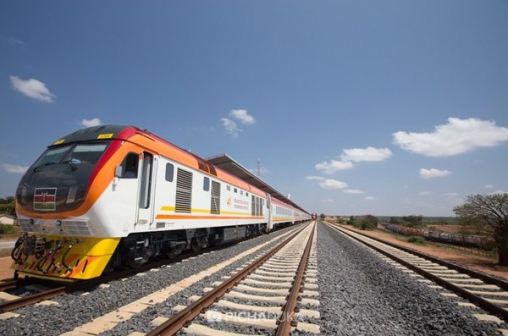×
The Standard e-Paper
Join Thousands Daily

Transport operators on the Nairobi-Mombasa route are scrambling to change their business models to adapt to the disruption brought by the Standard Gauge Railway (SGR).
The hospitality industry is also aligning itself to take advantage of the sudden urge by Kenyans to travel to the Coast.